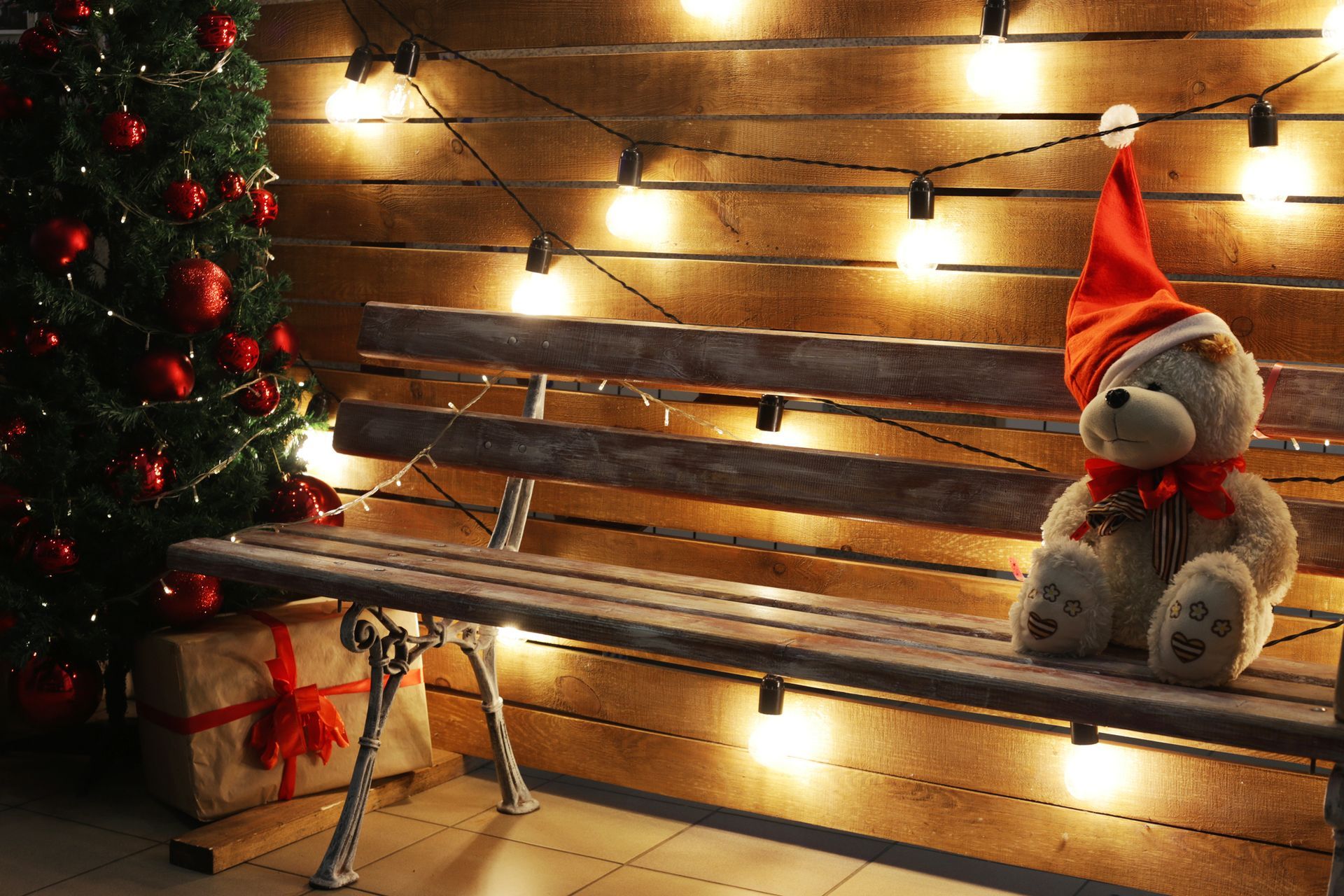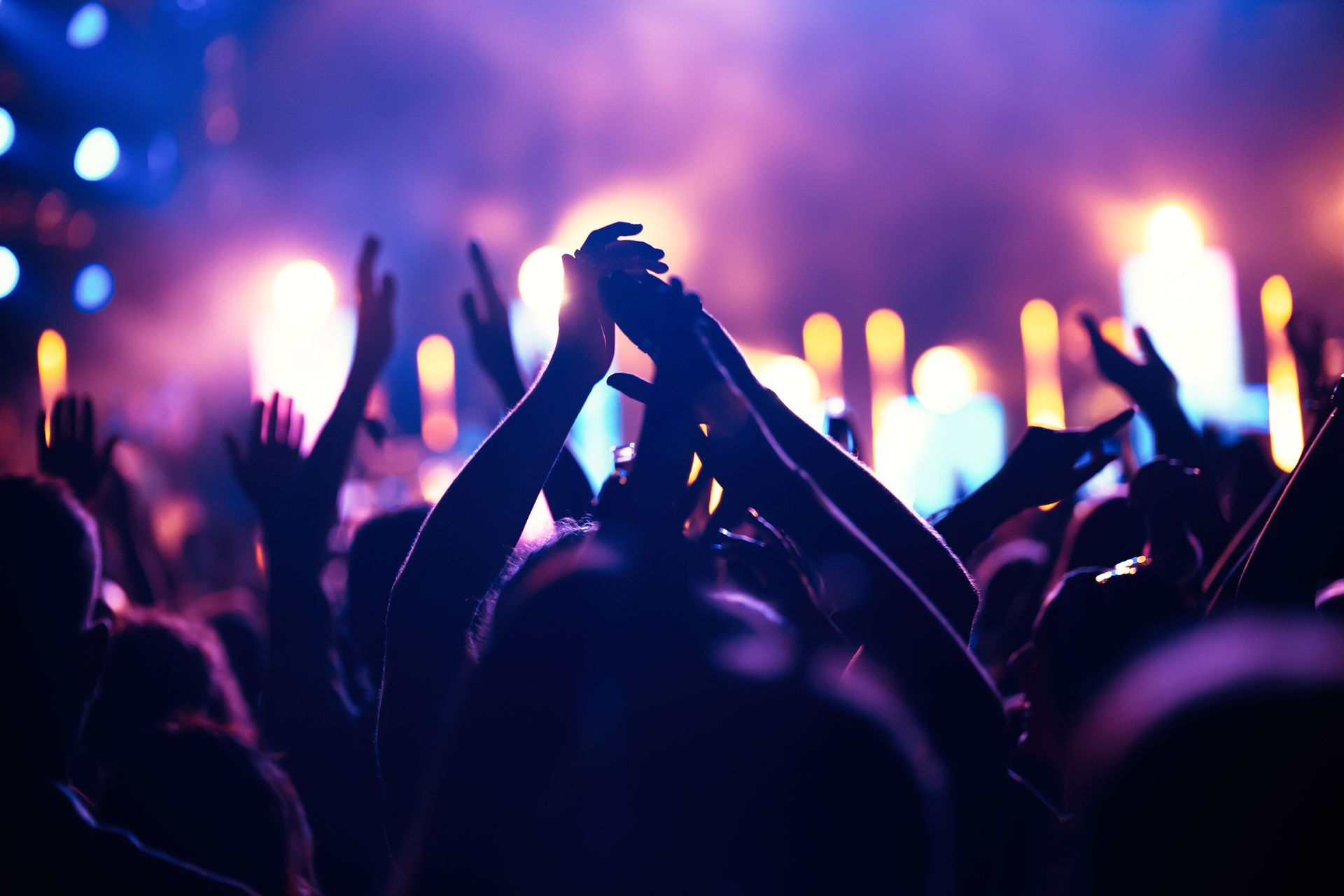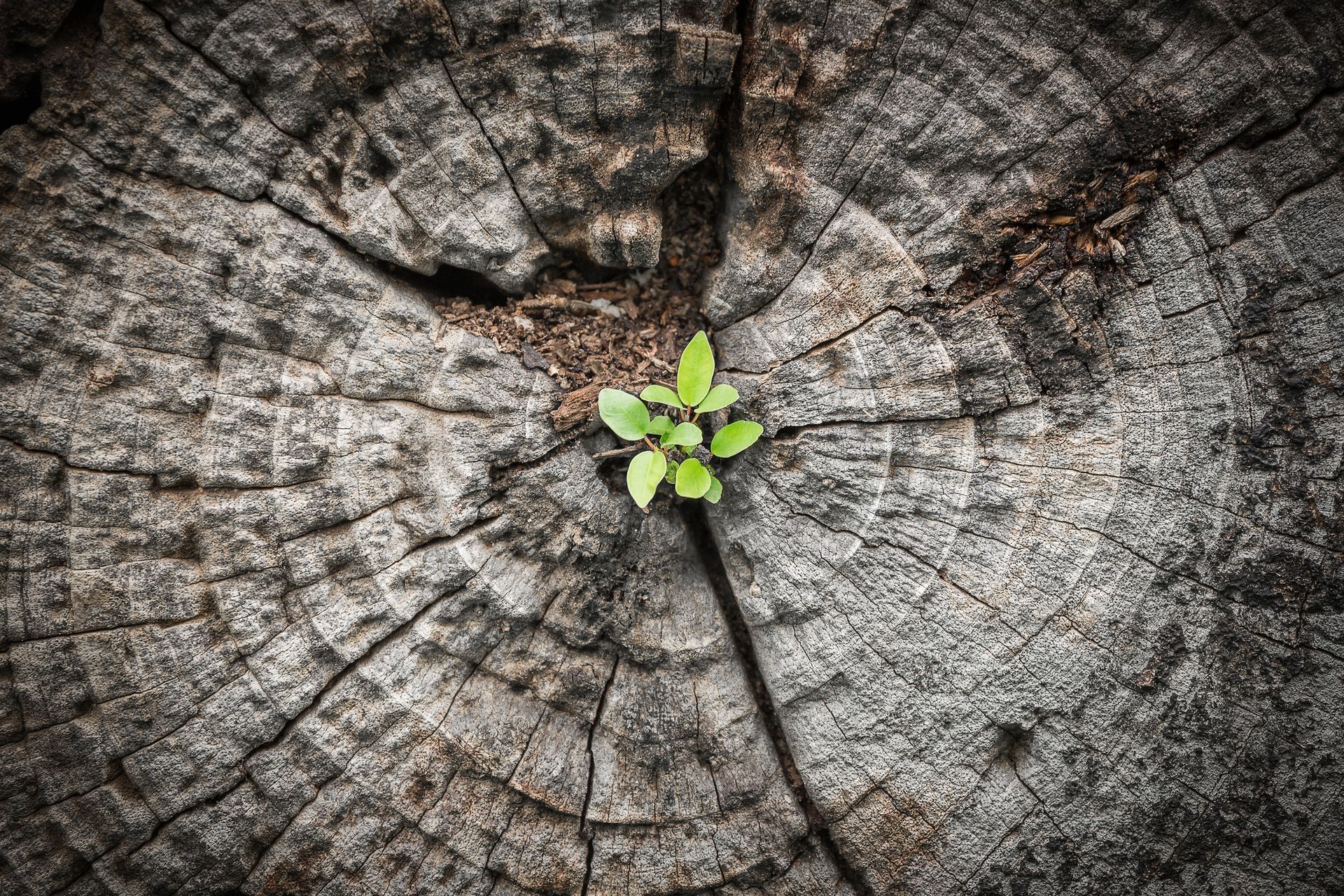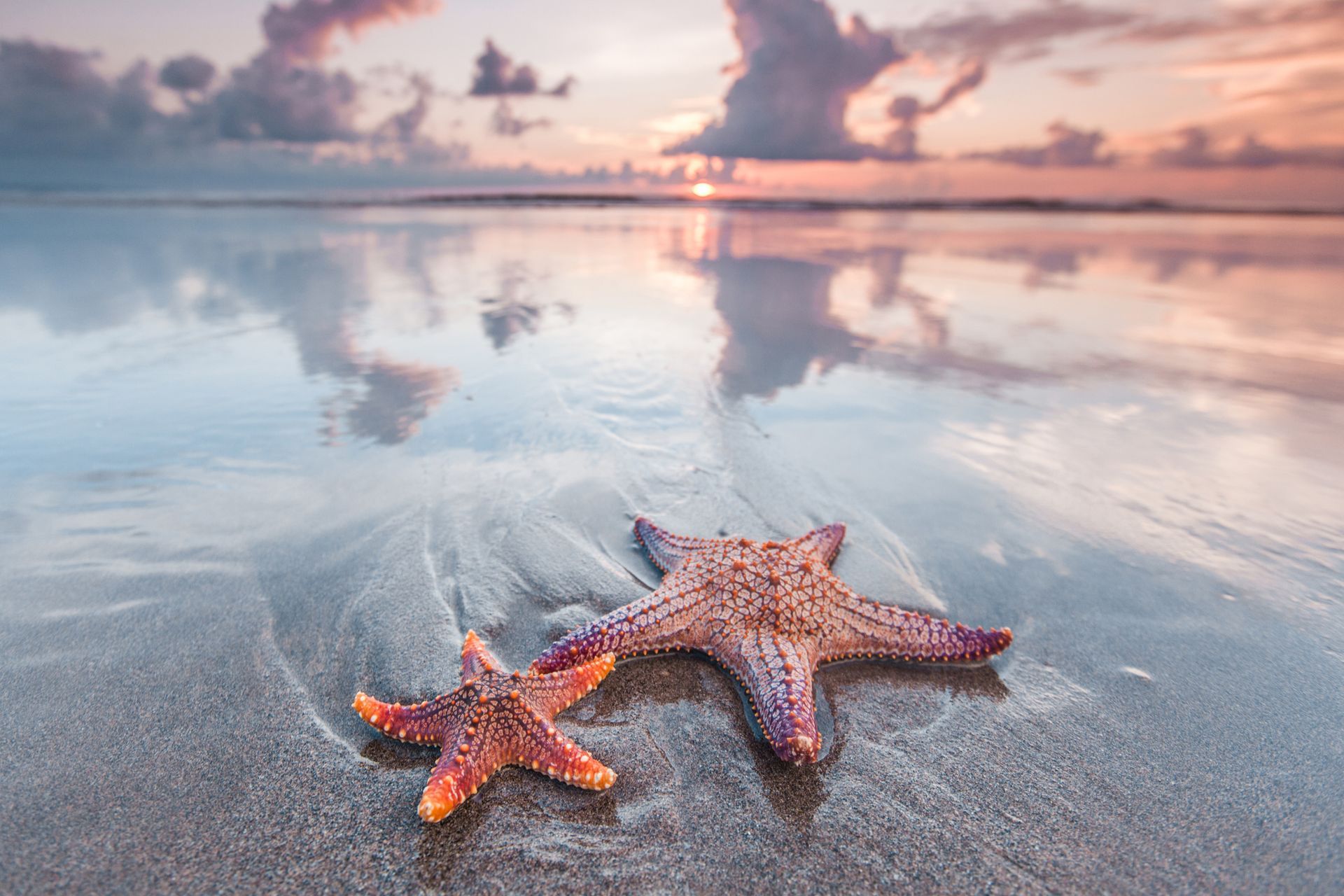The following article describes the growing problem of social isolation, made worse during holidays. I remember the pain of my first Christmas after separating from my wife and two children, or seeing Facebook pictures of members of a spiritual group I attended, enjoying a party I had not been invited to. I do sometimes feel lonely in my Collapse Awareness, but this year I hope to feel more connected to my fellow sojourners, as we approach the festive season.
- David McHugh

Sarah stands at her window, watching neighbours string up Christmas lights across their porch. Inside their warmly lit home, she glimpses the shadow of a family decorating their tree. Her own apartment remains dark, save for the glow of a single lamp. At 73, this will be her first Christmas without James, her husband of 46 years.
Across town, Marcus, 28, scrolls through Instagram, his feed filled with holiday parties and family gatherings. Despite having over 500 social media connections, he hasn't had a meaningful conversation with anyone in weeks. His thumb hovers over photos of smiling faces, while microwave dinner sounds ping in the background of his studio apartment.
These aren't isolated stories. Research shows that nearly 30% of adults experience profound social isolation during the holiday season, a figure that has risen sharply in recent years. But behind these statistics lie countless personal stories of quiet apartments, empty chairs, and phones that don't ring.
The Quiet Epidemic
"The contrast between the cultural expectation of joy and the reality of loneliness can be devastating," explains Dr. Rachel Chen, a clinical psychologist specializing in isolation and depression. "When everyone else seems to be celebrating, your own solitude feels magnified."
Studies indicate that holiday loneliness cuts across all demographics, affecting both 85-year-old widows and 25-year-old urban professionals. The AARP reports that the experience is particularly acute for older adults, with 40% reporting that their feelings of loneliness intensify during the holiday season.
The Weight of Empty Traditions
For Elena, 42, decorating her Christmas tree has become an exercise in memory and loss. Each ornament she hangs recalls a story about her mother, who passed away last spring. "Mom used to make hot chocolate while we decorated," she says, her voice catching. "Now I just hear the sound of baubles clinking together in the silence."
Grief counsellors note that the holiday season can be especially challenging for those who have lost loved ones. The empty chair at the dinner table becomes impossible to ignore when holiday traditions emphasize togetherness and family.
The Digital Paradox
Modern technology promised to keep us connected, but research suggests it may be contributing to our isolation. A study published in the Journal of Social and Personal Relationships found that individuals who spend more than two hours daily on social media are twice as likely to report feelings of social isolation.
"Looking at everyone's perfect Christmas moments online made me feel worse," admits Marcus. "You see these carefully curated scenes of family dinners and office parties, and it's like watching a movie where you're the only person not invited to the cast party."
When Social Isolation Hurts Physically
The impact of holiday loneliness extends beyond emotional pain. Research from the University of Chicago has shown that chronic loneliness can trigger a physiological stress response, leading to:
- Elevated blood pressure
- Increased inflammation
- Weakened immune system
- Disrupted sleep patterns
"The body doesn't distinguish between different types of pain," explains neurologist Dr. James Morton. "The ache of loneliness can manifest as physical symptoms, particularly during high-stress periods like the holiday season."
Finding Light in the Darkness
Yet amid these stories of solitude, there are also tales of hope and resilience. Community centres across the country report increasing participation in their holiday outreach programs. Local initiatives are sprouting up to address the issue:
Maria, 68, started a "Christmas Companions" program in her neighbourhood after experiencing holiday loneliness herself. "We began with just four people having coffee together," she shares. "This year, we're hosting Christmas dinner for thirty-five people who would otherwise be alone."
Breaking the Silence
Mental health professionals emphasize the importance of acknowledging these feelings rather than hiding them behind forced holiday cheer. "There's no shame in loneliness," says Dr. Chen. "The first step toward connection is often admitting we need it."
For Sarah, this meant finally accepting her neighbour’s invitation to join their Christmas Eve gathering. "I was worried I'd feel like an intruder," she admits. "But grief doesn't mean you have to stop living. James would have wanted me to make new memories."
A Community Response
As awareness grows, communities are developing more inclusive holiday traditions:
- Interfaith groups organizing community meals
- Libraries hosting holiday movie screenings and social events
- Virtual gathering spaces for those unable to leave home
- "Friendship lines" offering 24/7 connection during the season
The Path Forward
As the holiday season approaches, experts encourage everyone to look beyond their own celebrations and notice those who might be experiencing silence instead of celebration. Research shows that small gestures – a card, a phone call, or an invitation – can have profound effects on those experiencing social isolation.
For Elena, healing began when she started sharing her mother's holiday recipes with young families in her building. "Mom always said Christmas magic multiplies when you share it," she says, rolling out dough for her mother's famous sugar cookies. "Sometimes the best way to honour old traditions is to create new ones."
As night falls and Christmas lights twinkle across neighbourhoods, countless windows remain dark. But behind each one is a story, a person, and an opportunity for connection. In reaching out to others, we often find what we've been missing ourselves. The greatest gift this holiday season might not be the ones under the tree, but the simple act of ensuring no one feels forgotten in the season of remembering.
These stories contain the opinions of the writers and do not necessarily reflect the opinion of Collapse Club members or conveners.
This work is licensed under Attribution-NonCommercial-NoDerivatives 4.0 International


Click here for resources if you are having trouble coping with collapse.



